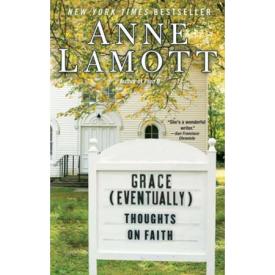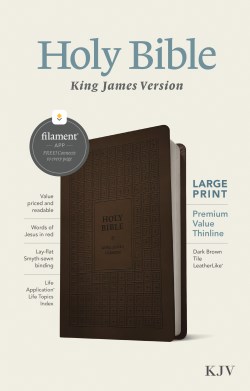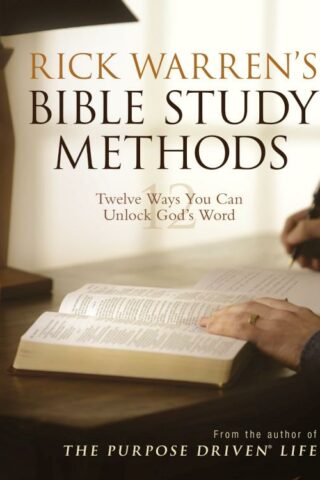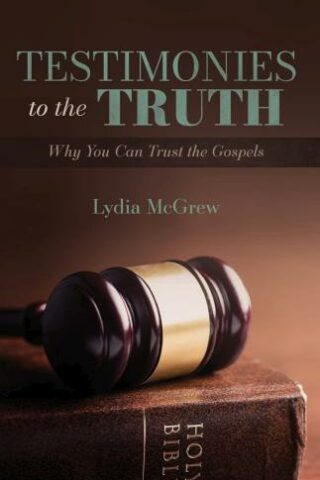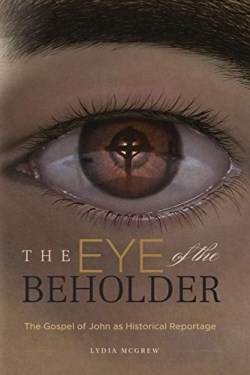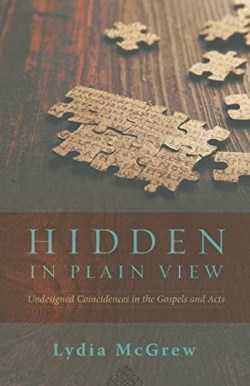Lydia McGrew
Showing all 3 resultsSorted by latest
-
Testimonies To The Truth
$19.98Christians should be prepared to defend and share their faith, even while wrestling with doubts and questions that arise from within and without. With thousands of books out there-not to mention content on social media-where do we start? Testimonies to the Truth, Lydia McGrew’s fourth book on New Testament reliability, provides a great starting point. With a heart for evangelism, equipping believers, and scholarship, McGrew brings together new arguments and old ones in a form that is readily accessible to laymen while being careful and rigorous. With these arguments in hand, you will never be stumped when someone asks, “Why should I believe what the Bible says about the life and teachings of Jesus?” Above all, McGrew points to Jesus himself, true God and true man, the One who teaches, loves, and suffers for us, described by the Gospels in vivid and credible detail. Including suggested study and discussion questions and references for further reading and research, Testimonies to the Truth provides an excellent resource for personal study, Sunday School, high school and college classes, and small groups.
Add to cartin stock within 3-5 days of online purchase
-
Eye Of The Beholder
$31.23Why is the Gospel of John different from Matthew, Mark, and Luke? Many scholars have suggested that John felt more free than the other evangelists to massage the facts in the service of his theological goals and to put embellishments into the mouth of Jesus. Such freedom supposedly accounts for the discourses in John, for Jesus’ way of speaking in John, and for (at least) the time, place, and manner of various incidents. Analytic philosopher Lydia McGrew refutes these claims, arguing in detail that John never invents material and that he is robustly reliable and honestly historical.
The Eye of the Beholder: The Gospel of John as Historical Reportage is unique in several respects. 1) It delves in more detail than previous works do into the meaning of common scholarly phrases like “Johannine idiom” and applies careful distinctions to defend the recognizable historicity of Jesus’ spoken words in John. 2) It focuses especially on arguments that have impressed some prominent evangelical scholars, thus refuting the unspoken assumption that if a scholar dubbed “conservative” is moved by an argument against full Gospel historicity, it must be strong. 3) It argues positively for the historicity of John’s Gospel using evidences that are not commonly discussed in the 21st century, including undesigned coincidences, unexplained allusions, and the unified personality of Jesus. 4) While the body of the book will be congenial to many who accept Richard Bauckham’s “elder John” theory of authorship, The Eye of the Beholder features a lengthy appendix on that question, including original arguments for authorship by the son of Zebedee.
Meticulously argued and engagingly written, The Eye of the Beholder contains a wealth of material that will be helpful to seminarians, pastors, and laymen interested in the reliability of the Gospel of John.
Add to cartin stock within 3-5 days of online purchase
-
Hidden In Plain View
$19.98Hidden in Plain View: Undesigned Coincidences in the Gospels and Acts revives an argument for the historical reliability of the New Testament that has been largely neglected for more than a hundred years. An undesigned coincidence is an apparently casual, yet puzzle-like “fit” between two or more texts, and its best explanation is that the authors knew the truth about the events they describe or allude to. Connections of this kind among passages in the Gospels, as well as between Acts and the Pauline epistles, give us reason to believe that these documents came from honest eyewitness sources, people “in the know” about the events they relate. Supported by careful research yet accessibly written, Hidden in Plain View provides solid evidence that all Christians can use to defend the Scriptures and the truth of Christianity.
Add to cartin stock within 3-5 days of online purchase

